Korea’s overseas development backfires
- Korea Times
- 04 December 2009
That Korea is no longer "importing" this food that is being grown overseas implies that this land is effectively Korean. This amounts to agricultural imperialism.

That Korea is no longer "importing" this food that is being grown overseas implies that this land is effectively Korean. This amounts to agricultural imperialism.
China has now taken on a leading role in promoting modernization through zones of exception, not only in China but also outside it.

"Our proposition to the governments is that we can help them develop the infrastructure and develop the farmland and we will then take a share of the produce," says KCIC
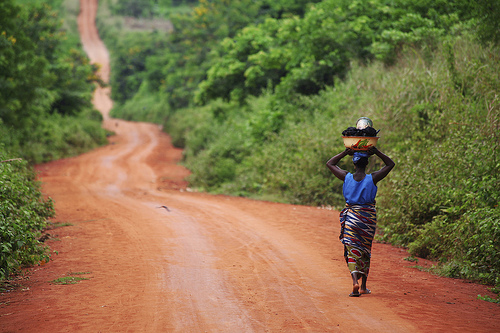
The Korea Rural Community Corporation, under the Agriculture Ministry, said it is also in talks with other resource-rich countries about deals in exchange for support for the construction of agricultural infrastructure or farms. Among the negotiating partners mentioned were Indonesia, Laos, Myanmar, Senegal and Mongolia.
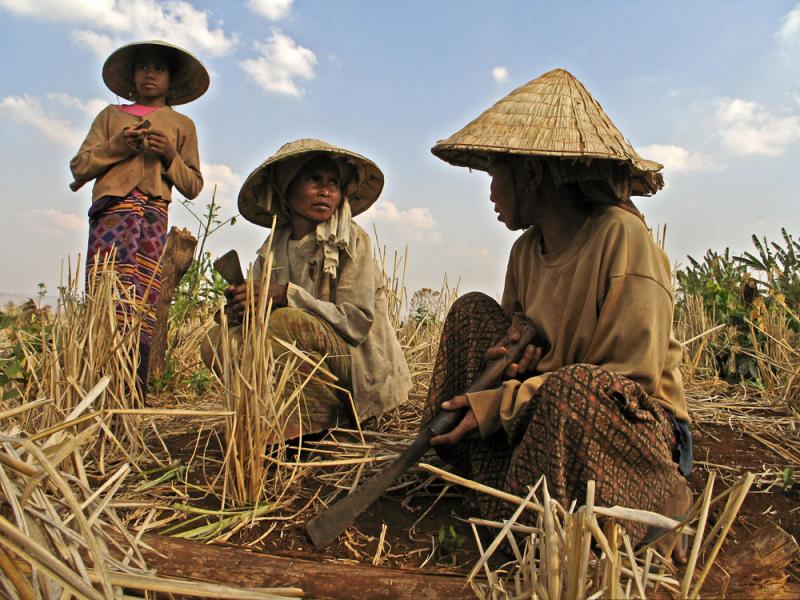
Lao Minister of Industry and Commerce confirms that his government is in negotiations with Thailand to join a rice land deal with Kuwait.
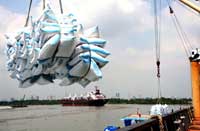
Laos has approached Thailand as a partner in a joint venture with Kuwait to grow rice in Laos. The Lao government has allocated 200,000ha.
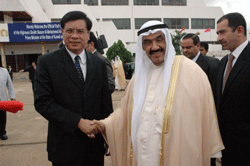
Kuwait has recently shown an interest in doing rice business in Laos, but Vientiane wants Thailand to be its partner,
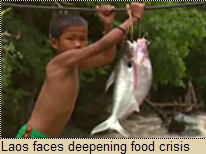
The Lao government says it's determined to improve the lives of its people by attracting foreign money. But in a country where simply putting food on the table is a daily challenge for many, their foreign investment may hinder more than help.
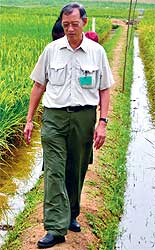
Nigeria allows foreigners -- like Thailand's Riceland International Co -- to lease land for growing rice and to run rice-related businesses including milling and processing.

The Government of Laos has granted a major Thai investor a 10,000 ha concession in two central provinces of Laos to grow sugarcane.
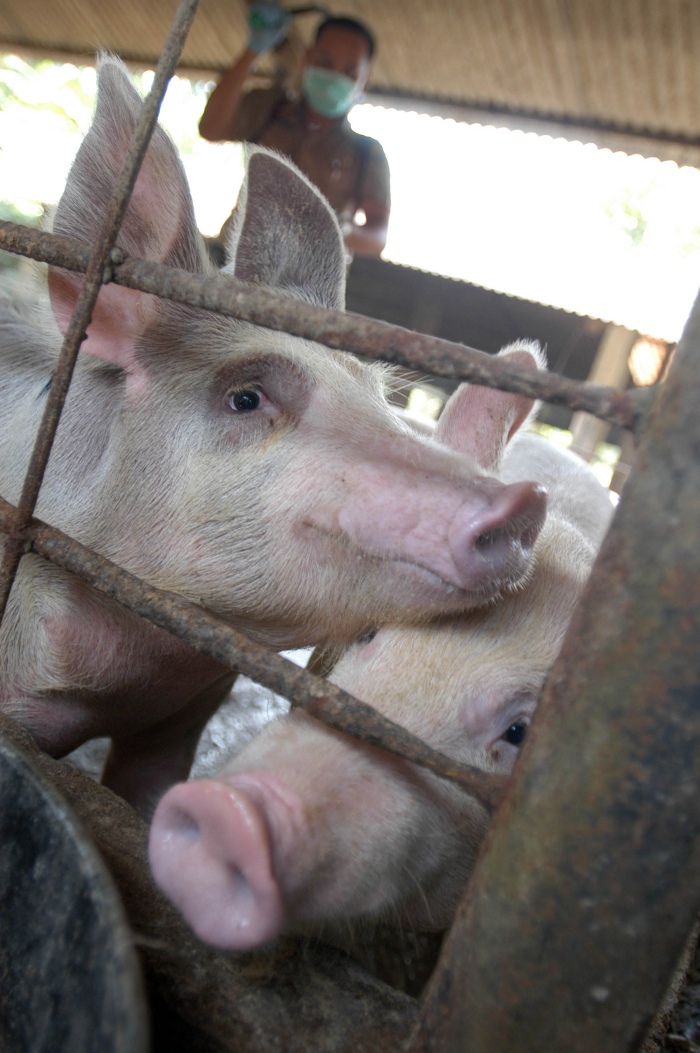
Sam Pov, a rice farmer in Cambodia’s western Battambang Province, is very worried that his land will be taken over by a foreign investor.
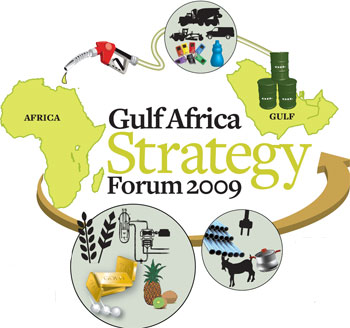
Over the past few years Laos has seen a surge of foreign investment in farms and plantations from neighboring countries keen to acquire rubber, sugar, and other agricultural commodities. Under this project, noncommercial details of land concession awards will be posted on a public website to improve transparency, while the commercial terms will be kept in a confidential database for monitoring compliance.

|
KKR acquires ProTen from Aware Super
|